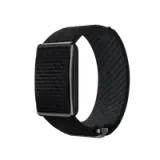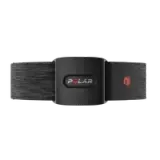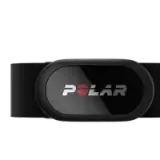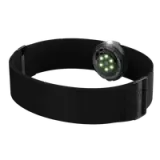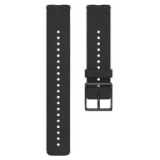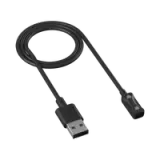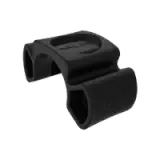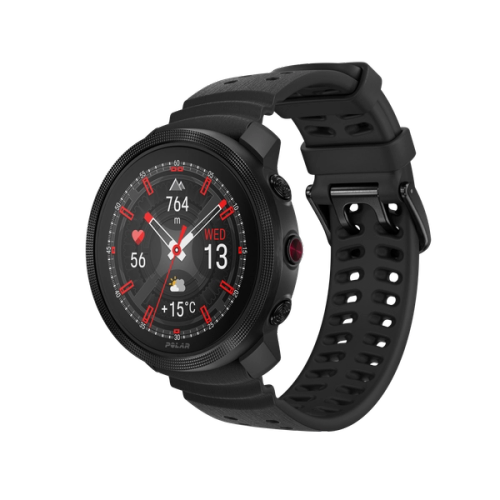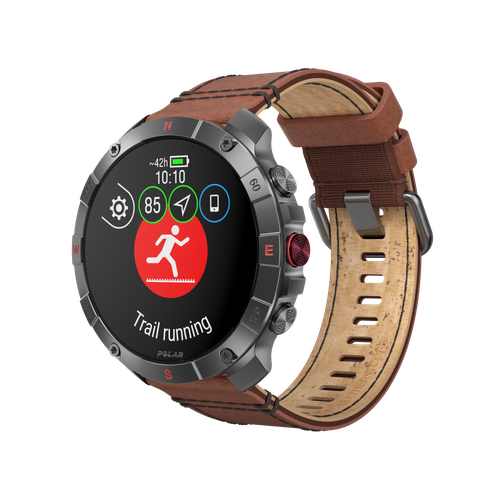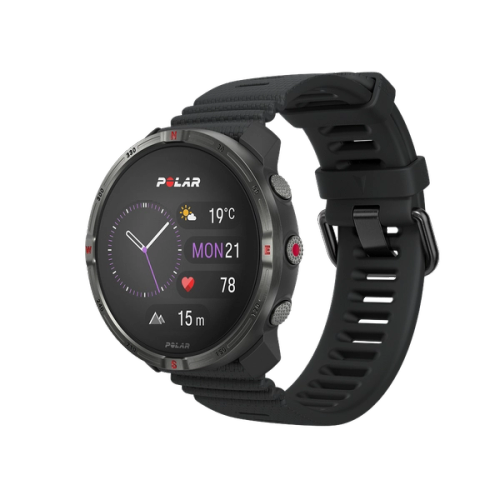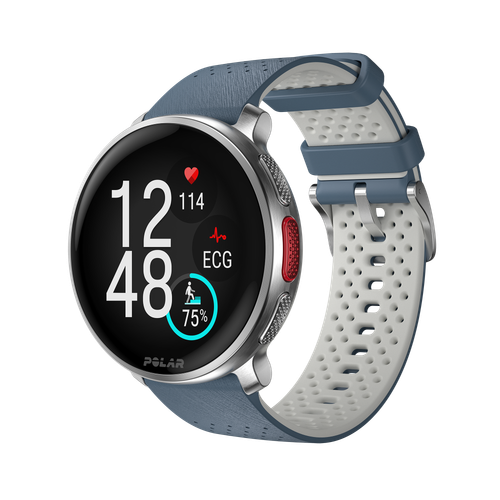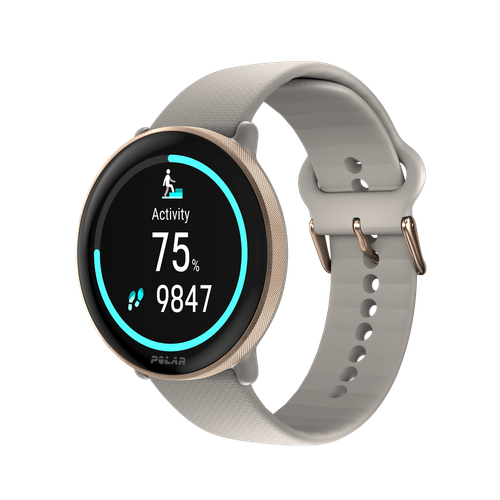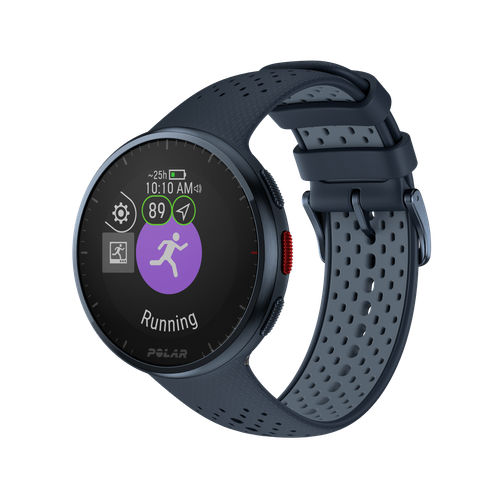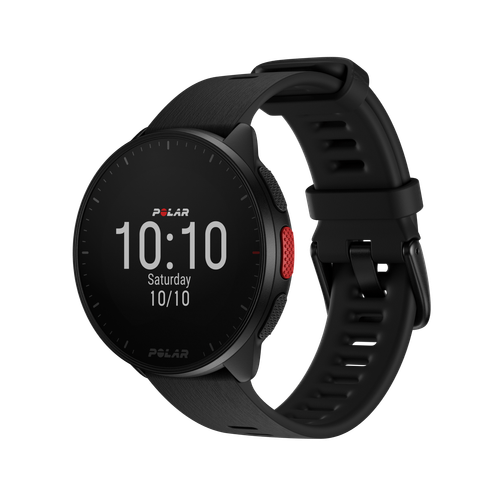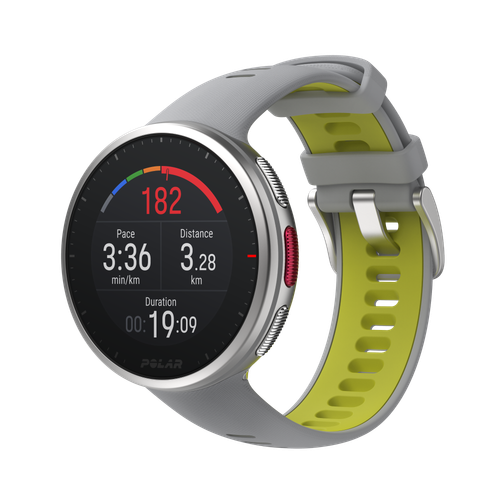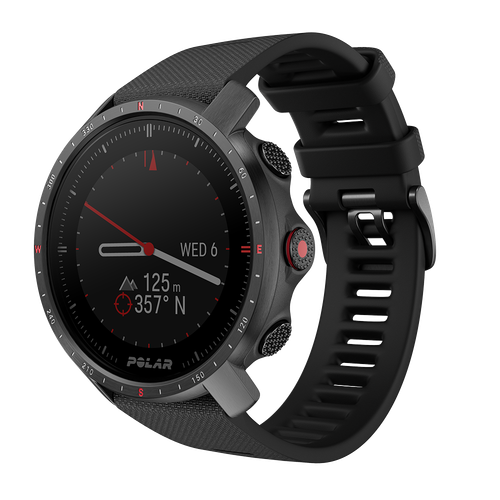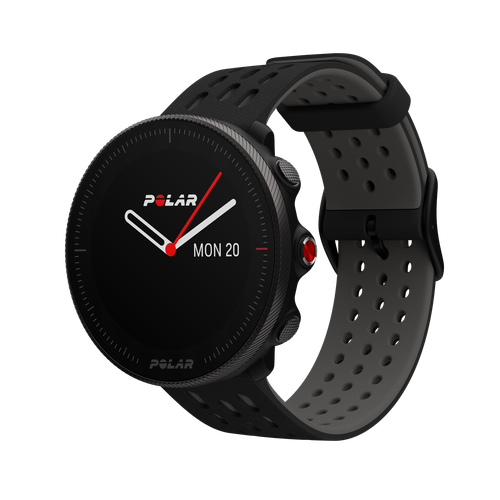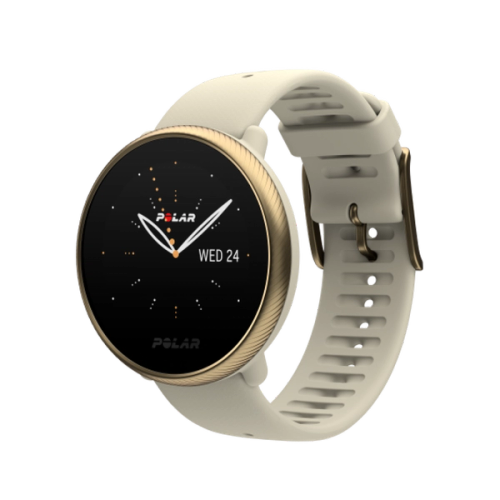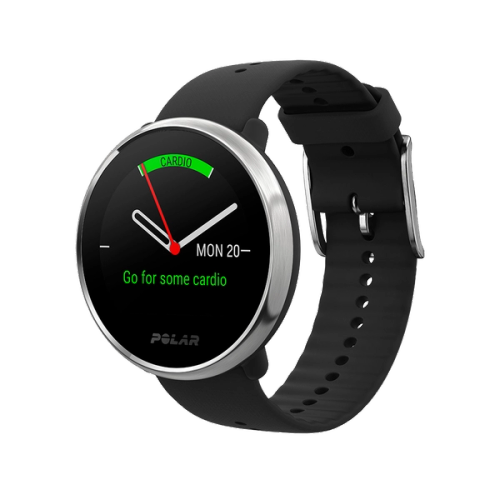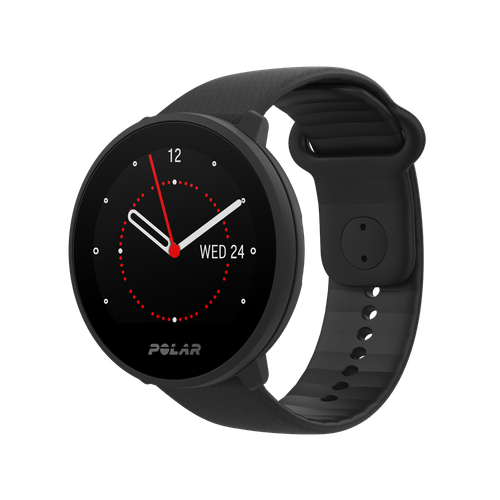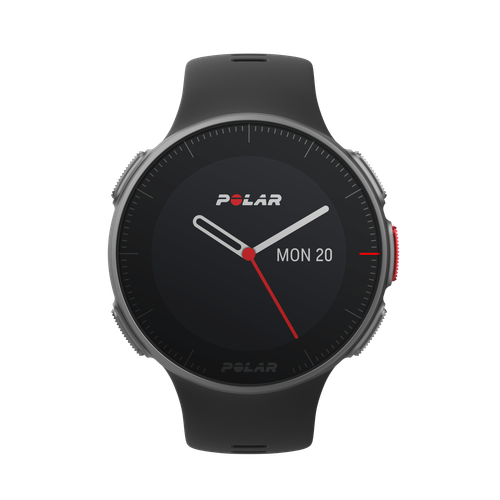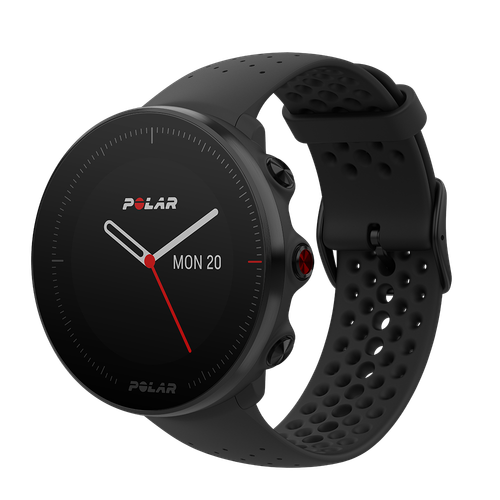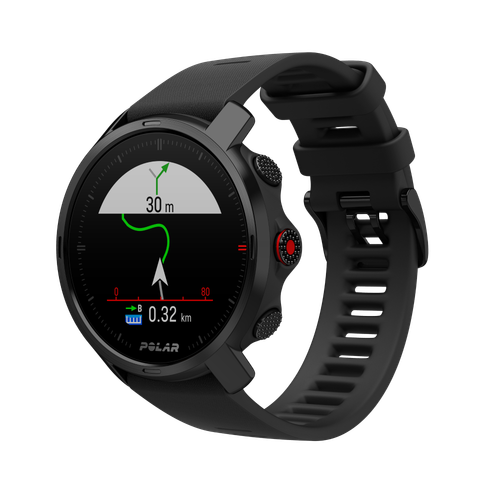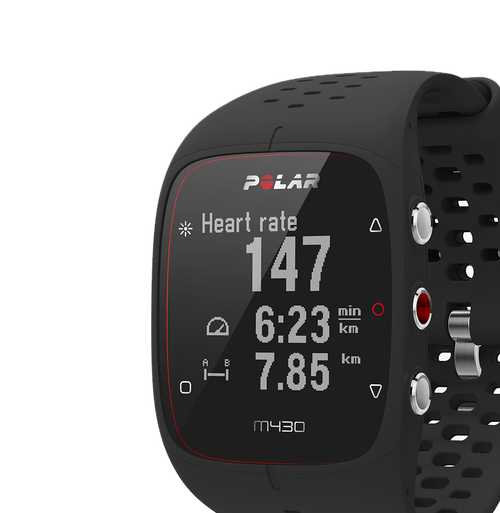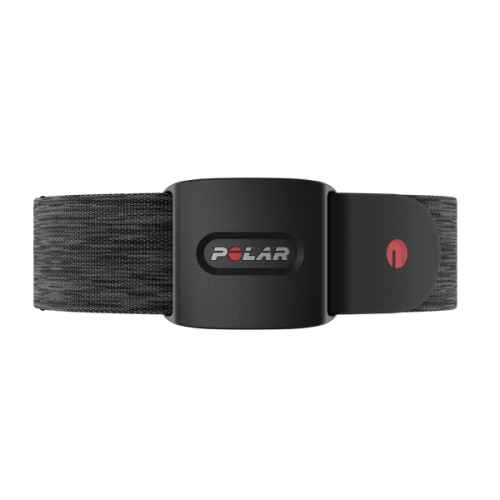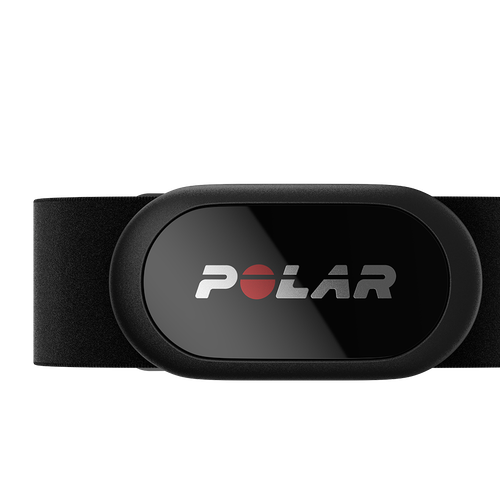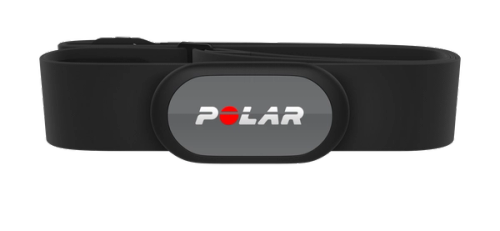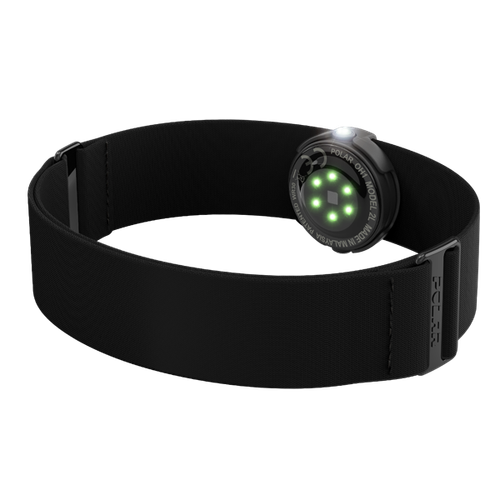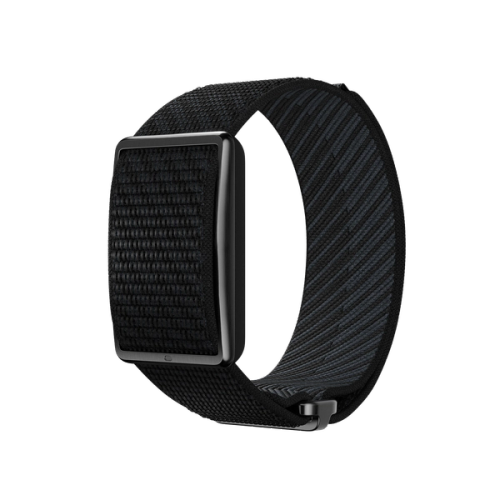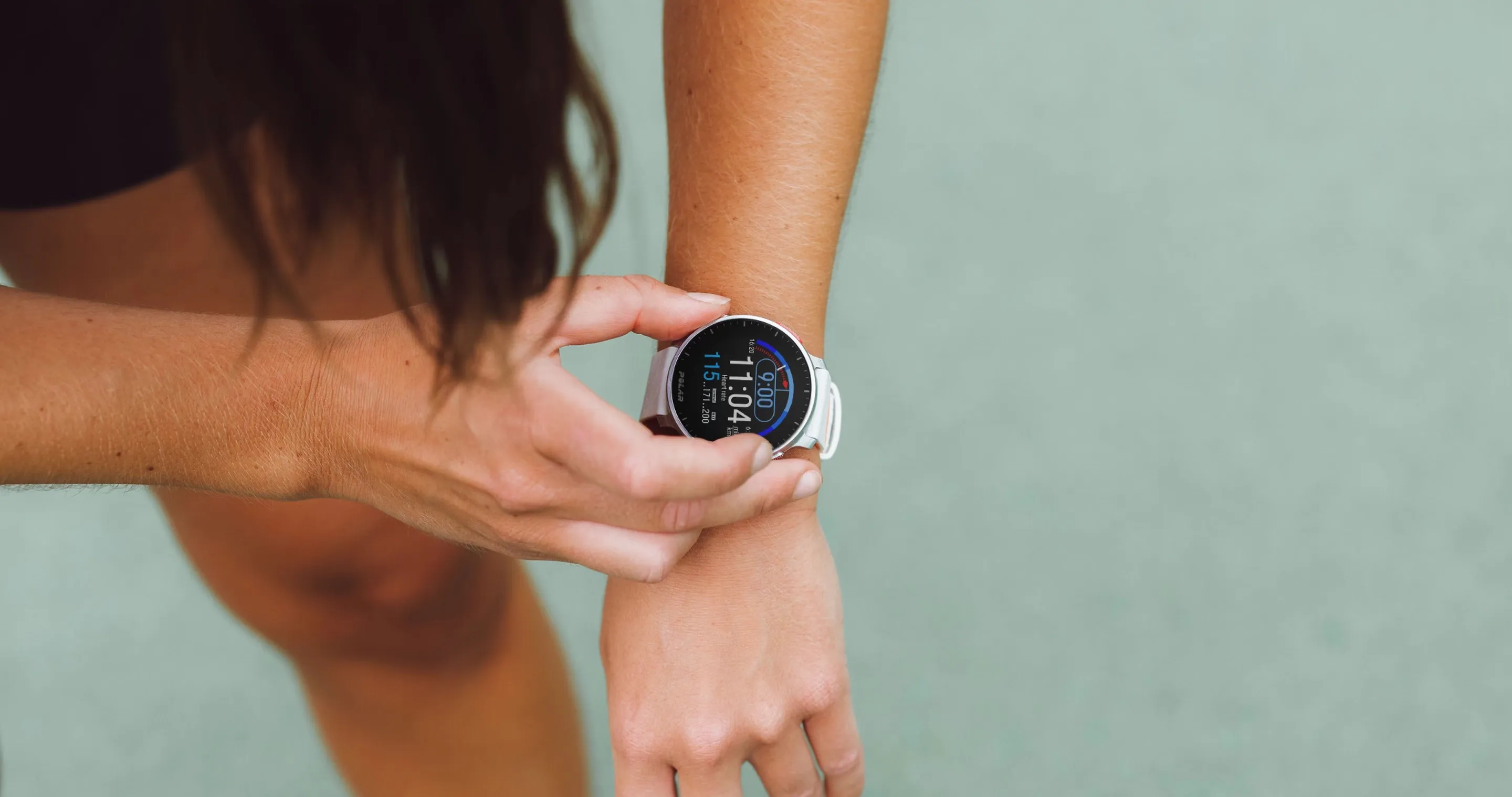What started as a way to get fit has become your new passion. There were those early months of feeling a bit awkward, sore, and Googling to see if you were getting it right, and now you find yourself, to quote Empire of the Sun, "running for the thrill of it." Suddenly, those post-run endorphins are starting to make your days feel extra sunny, and you're taking every opportunity to chat with other runners about literally anything related to your shared love. And yes, spending your money on new gear and daydreaming about maybe doing your first marathon.
So, if you're ready to get serious about your training, then it's time to talk about running pace. Specifically, when you should try different paces, how you can track them during your runs and, of course, how to improve them. Spoiler alert: it's all about heart rate, which is the Polar way.
Pace isn’t just about speed
Firstly, though, before we delve into the specifics of running paces, let's make one thing crystal clear: running faster isn't always better. In fact, running too fast is the single most common mistake new runners make. We get it; you're excited, feeling good, and want to see those miles tick by faster. But going all-out all the time can lead to injury and burnout.
Every single run should have a purpose. Some days, it's about building your endurance, or maybe you're doing a tempo run to challenge yourself and get faster. On other days, the goal is simply to recover from a hard workout. If you're always pushing for a personal record, you're missing out on the essential work your body needs to get stronger.
This is where your heart rate becomes your best friend. Instead of chasing a specific mile time, letting your heart rate guide your pace ensures you're training in the correct zone for your goal. Whether you're aiming for a long, easy run to build your aerobic base or a challenging interval session, your heart rate is a much more accurate reflection of the effort you're putting in. It takes the guesswork out of the equation and tells you exactly what's going on inside, so you can train smarter, not just harder. So, let's get into it.
What should my running pace be?
Now that we’ve talked about why pace matters, let's take a closer look at what your pace should be. Understanding the different paces and their physiological purpose is the key to creating a truly effective training plan. Here’s a deeper look at the various types of runs and how they work together.
Easy Runs and Recovery Jogs
Easy runs are the foundational workhorses of your training, the non-negotiable bedrock for any serious runner. The primary purpose of an easy run is to build and solidify your aerobic base, enhancing your body's efficiency at burning fat for fuel, strengthening your cardiovascular system, and improving muscular endurance without accumulating excessive fatigue. This pace should feel incredibly comfortable—you should be able to hold a whole, uninterrupted conversation. Your heart rate zone will typically reside in zone 2 (60-70% of your max HR). Don't underestimate these miles; they're where your body adapts, recovers, and sets the stage for more strenuous efforts. This is where you put miles in the bank, making faster runs in the future feel more accessible.
Often even slower than an easy run, recovery jogs are specifically designed for active recovery following demanding workouts or races. The goal here is purely to stimulate blood flow, help flush out metabolic byproducts, and gently move your muscles without adding any stress. It's about aiding the recovery process, not building fitness. Your pace will be extremely relaxed, your heart rate firmly in zone 1 (below 60% of your max HR), and the effort minimal. Think of it as a moving meditation—it's not about speed or distance, but about facilitating your body's bounce-back so you're ready for the next hard session.
Long Runs and Steady-State Runs
The venerable long run is crucial for developing the endurance needed to go the distance, especially for half-marathoners and marathoners. These are extended, easy runs, typically lasting over 90 minutes, which build mental fortitude and teach your body to sustain effort over prolonged periods. While the pace remains easy (in zone 2), the duration challenges your fuel systems and reinforces an efficient running form under accumulating fatigue. You should regulate these by perceived effort, aiming to maintain a comfortable pace where you could speed up slightly at the end. Be aware of cardiac drift—your heart rate may gradually rise even at a steady pace due to fatigue and dehydration, but if your pace feels consistent and easy, don't feel compelled to slow down.
Bridging the gap between easy endurance and more challenging threshold work, steady-state runs target what's sometimes called "Zone X", a pace slightly below your lactate threshold. These continuous runs typically last from 25 to 75 minutes, and while your breathing will quicken, it should still feel mostly under control—think of it as an easy-medium effort. They're excellent for building extensive endurance, training your body to be more efficient at moderately challenging speeds for extended periods. Think of this as developing a powerful, efficient cruising speed that makes longer races feel more manageable.

Tempo Runs, Tempo Intervals, and Cruise Intervals
The classic tempo run is a cornerstone of stamina development, focusing on sustained effort at a 'comfortably hard' pace, typically for 20-40 minutes continuously. This pace sits right at or just below your lactate threshold, generally in the upper end of zone 3 (around 80% of max HR). The goal is to improve your body's ability to clear lactate, pushing that threshold to a faster pace. You should be able to speak in short, broken sentences, but definitely not carry on a whole conversation. Tempo runs teach you to run faster for longer, building resilience and making future race paces feel more accessible.
Taking the benefits of a continuous tempo run and breaking them into manageable segments, tempo intervals involve repeats of 8 to 15 minutes at tempo pace, followed by relatively short recovery jogs (two to five minutes). This format allows you to accumulate more time at a threshold-like intensity than you might in a continuous tempo run, pushing your stamina without completely overloading your system. The short recoveries keep your heart rate elevated and prevent full recovery, maximizing the physiological benefits of training at the stamina zone.
Cruise intervals are shorter and slightly more intense than tempo intervals, typically lasting three to eight minutes at a pace slightly harder than your continuous tempo pace, followed by very short recovery jogs (30 seconds to two minutes). Cruise intervals are designed to push the upper limits of your lactate threshold, further enhancing your body's ability to manage and clear lactate at faster speeds. They demand a focused effort and are excellent for developing a robust sense of your sustainable race pace for distances like a 10K.
Strides and VO2 Max Pace
Often integrated into easy runs or warm-ups, strides are short, fast accelerations, typically lasting 10-20 seconds. The key here isn't to go all-out, but to focus on excellent running form and quick leg turnover at a fast yet controlled pace (think 200m to mile race pace). They are followed by ample recovery (30-90 seconds of easy jogging or walking) to prevent lactic acid buildup, which would interfere with the neuromuscular adaptations. Strides are fantastic for improving running economy, reinforcing good form, and helping your legs remember how to turn over quickly without causing undue fatigue or stress.
A VO2 Max Pace is where you really work on your aerobic capacity—the maximum amount of oxygen your body can utilize during exercise. VO2 Max pace is the fastest pace you can sustain for about six minutes, falling at the high end of zone 4 (around 90-95% of max HR) or even into zone 5. Workouts at this intensity, such as Lactate Intervals Runs or Descending Interval Runs, involve repeated efforts of 60 seconds to five minutes, pushing your body to its aerobic limit. When your coach prescribes "10x200m at 5k pace," this is typically a VO2 Max effort, pushing you into that top zone 4/zone 5 heart rate range, making it a demanding session designed to significantly boost your aerobic power.
undefined
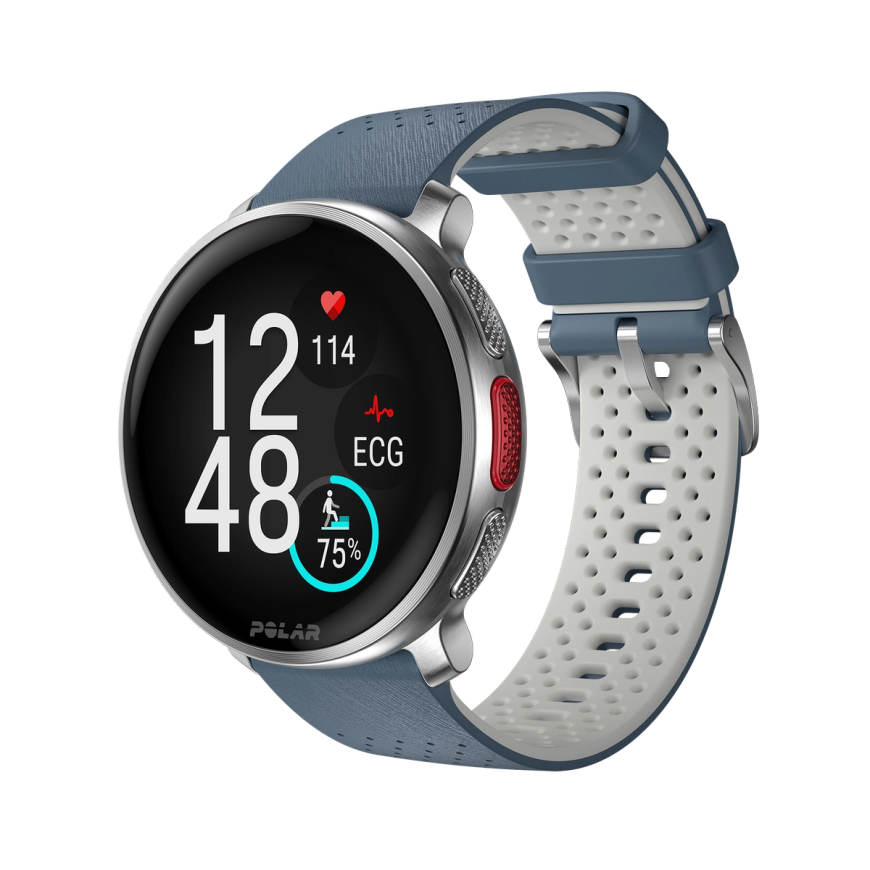
Polar Vantage V3
Reloj multideporte premium
La combinación perfecta de biosensores, pantalla AMOLED, GPS dual, mapas y las funciones de entrenamiento y recuperación más completas del mercado. Domina tu entrenamiento con Polar Vantage V3 y prepárate para rendir al máximo nivel.
Race Day Pace as a Benchmark
Coaches often use race distances to describe the intensity of a workout, which is an excellent way to conceptualize your effort. This is because each race distance corresponds to a very specific physiological demand. Using the above example, when your coach prescribes such a workout, they’re not just telling you a number; they're telling you the intensity. A workout at 5k pace is a very high-intensity, short-duration effort that corresponds to your VO2 max and a zone 4/5 heart rate.
Here's a breakdown of common race day paces as a way to understand workout intensity:
- 5k Pace: This is a hard, intense effort, often equating to your VO2 Max pace. It's primarily a zone 4/5 heart rate effort, challenging your maximum aerobic power. If a workout says "run 800m repeats at 5k pace," you know you're aiming for a strong, controlled effort that will push you into those higher heart rate zones.
- 10k Pace: A sustained, challenging effort that sits firmly in your lactate threshold zone, typically zone 4 (around 85-90% of max HR). It's faster than a half-marathon pace but not as all-out as a 5k. Workouts at a 10k pace help improve your ability to hold a hard effort for an extended period.
- Half Marathon Pace (HMP): This is a moderately hard, sustainable pace, usually in the upper end of zone 3, sometimes creeping into lower zone 4 (around 80-85% of max HR). It's a pace that can be maintained for approximately 1.5 to 2.5 hours, requiring a balance of endurance and speed. Training at HMP builds confidence and efficiency for longer distances.
- Marathon Pace (MP): Your goal pace for the full 26.2 miles. This is a controlled, 'comfortably hard' effort that prioritizes efficiency and sustainability over speed. Your heart rate will typically be in zone 3, around 75-80% of your max HR, allowing your body to utilize fat for fuel efficiently. Long runs and specific MP workouts help you dial in this crucial pace.
Enjoying this article? Subscribe to Polar Journal and get notified when a new Polar Journal issue is out.
Subscribe
Running Pace Chart
| Run Type | Purpose | Intensity/Effort | Typical Duration | Heart Rate Zone | Race Equivalent |
|---|
| Recovery Jog | To aid recovery and stimulate blood flow after a hard workout. | Minimal effort, easy movement. | 10-20 minutes | Zone 1 (Below 60% of max HR) | N/A |
|---|
| Easy Run | To build aerobic base and improve muscular endurance. | Conversational pace; should feel very comfortable. | 30-90+ minutes | Zone 2 (60-70% of max HR) | N/A |
|---|
| Long Run | To develop endurance, fuel efficiency, and mental fortitude. | Conversational pace for an extended period. | 90+ minutes | Zone 2 (60-70% of max HR) | Marathon (early miles) |
|---|
| Steady-State Run | To build a powerful, efficient cruising speed. | Easy-medium effort; breathing quickens but is still controlled. | 25-75 minutes | Upper Z3 / Zone X | Between Half Marathon and Marathon pace |
|---|
| Tempo Run | To push your lactate threshold and improve stamina. | Comfortably hard, a sustained effort. | 20-40 minutes | Upper Z3 (Around 80% of max HR) | Half Marathon pace |
|---|
| Tempo Intervals | To accumulate time at tempo intensity with short recovery. | Comfortably hard repeats. | 8-15 minute repeats | Upper Z3 (Around 80% of max HR) | Half Marathon pace |
|---|
| Cruise Intervals | To push the upper limits of your lactate threshold. | Hard, short, sustained repeats. | 3-8 minute repeats | Upper Z3/Lower Z4 | 10K pace |
|---|
| Strides | To improve running form and leg turnover. | Fast but controlled accelerations. | 10-20-second repeats | Brief spikes into Z5 | Mile to 200m pace |
|---|
| VO2 Max Pace | To improve your aerobic capacity and top-end speed. | Very hard effort. | 60 sec to 5 min repeats | Upper Z4/ Z5 | 5K race pace |
|---|
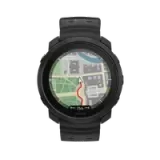 Polar Vantage M3
Polar Vantage M3
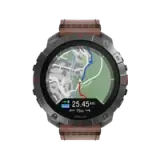 Polar Grit X2 Pro Titan
Polar Grit X2 Pro Titan
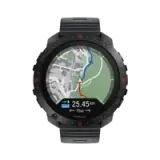 Polar Grit X2 Pro
Polar Grit X2 Pro
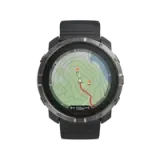 Polar Grit X2
Nuevo
Polar Grit X2
Nuevo
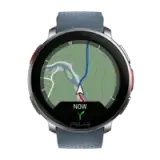 Polar Vantage V3
Polar Vantage V3
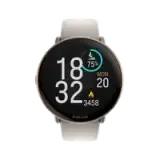 Polar Ignite 3
Polar Ignite 3
 Polar Ignite 3 Braided Yarn
Polar Ignite 3 Braided Yarn
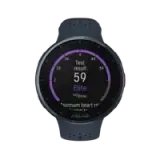 Polar Pacer Pro
Polar Pacer Pro
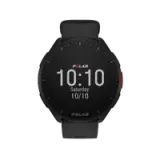 Polar Pacer
Polar Pacer
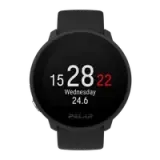 Polar Unite
Serie Grit X
Serie Vantage
Serie Polar Pacer
Serie Ignite
Polar Unite
Serie Grit X
Serie Vantage
Serie Polar Pacer
Serie Ignite
